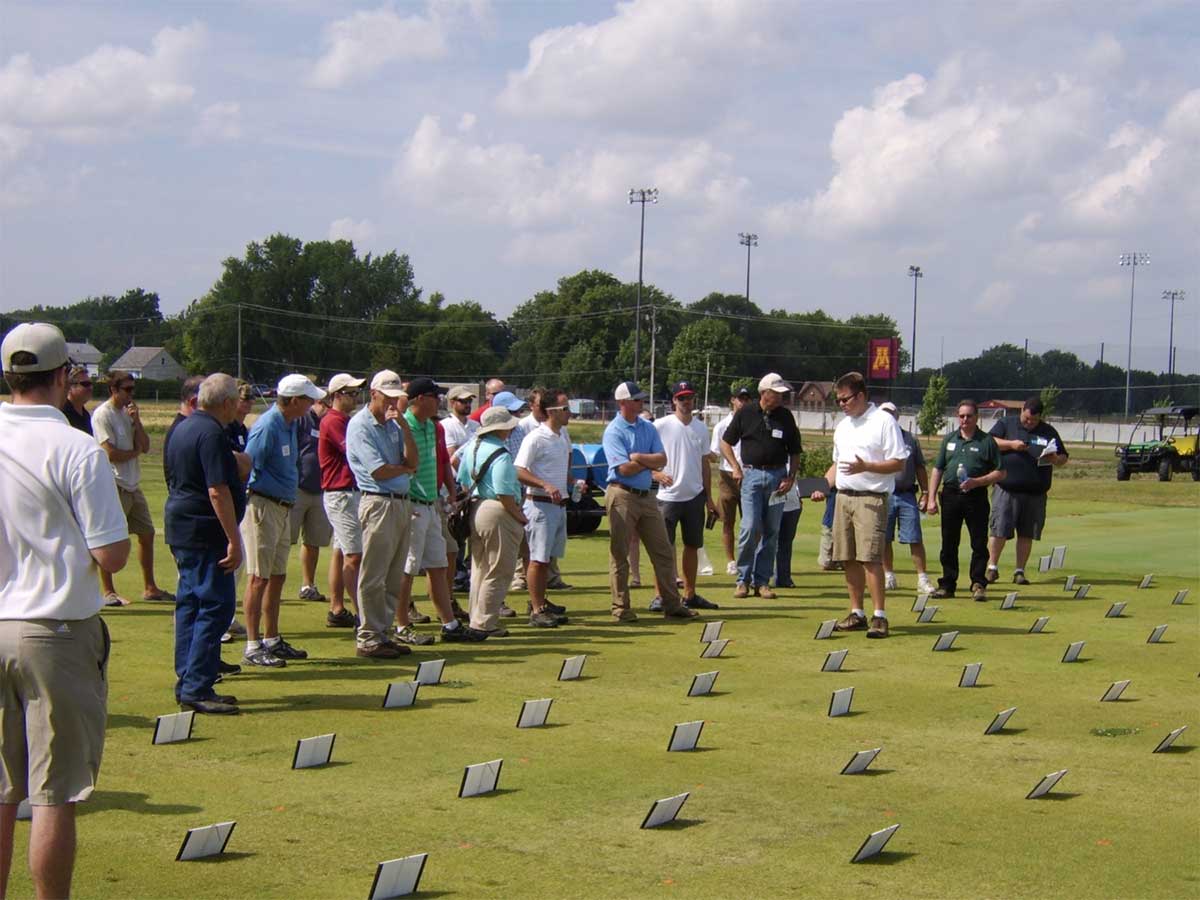Overview of Manager Study
Public land managers in urban areas are responsible for making complex decisions about vegetation choices and the subsequent management of public spaces. Despite their potential role in promoting environmentally sustainable practices their perceptions and beliefs are largely unknown as they relate to vegetation management, specifically low-input turfgrasses. We surveyed public land managers in Minnesota and New Jersey to understand the following:
- preferences regarding turfgrass traits
- their perceptions of low-input turfgrasses vs. traditional turfgrasses
Results
- Maintenance traits were most important to public land managers, especially mowing requirements.
- Tolerance traits we're equally important, with foot traffic and winter survivability having the highest rating.
- Managers believed that low-input grasses generally use less inputs (e.g. water, fertilizer, herbicide).
- Managers believed that low-input grasses could not hold up to traffic well when compared to traditional turfgrasses.
Outcomes
- Maintenance and Tolerance traits should be the focus of breeding efforts in low-input turfgrasses.
- Public land managers generally hold positive views towards low-input turfgrasses such as fine fescue, this provides a leverage point for outreach efforts to shift municipalities to cost-saving and more sustainable landscapes.
